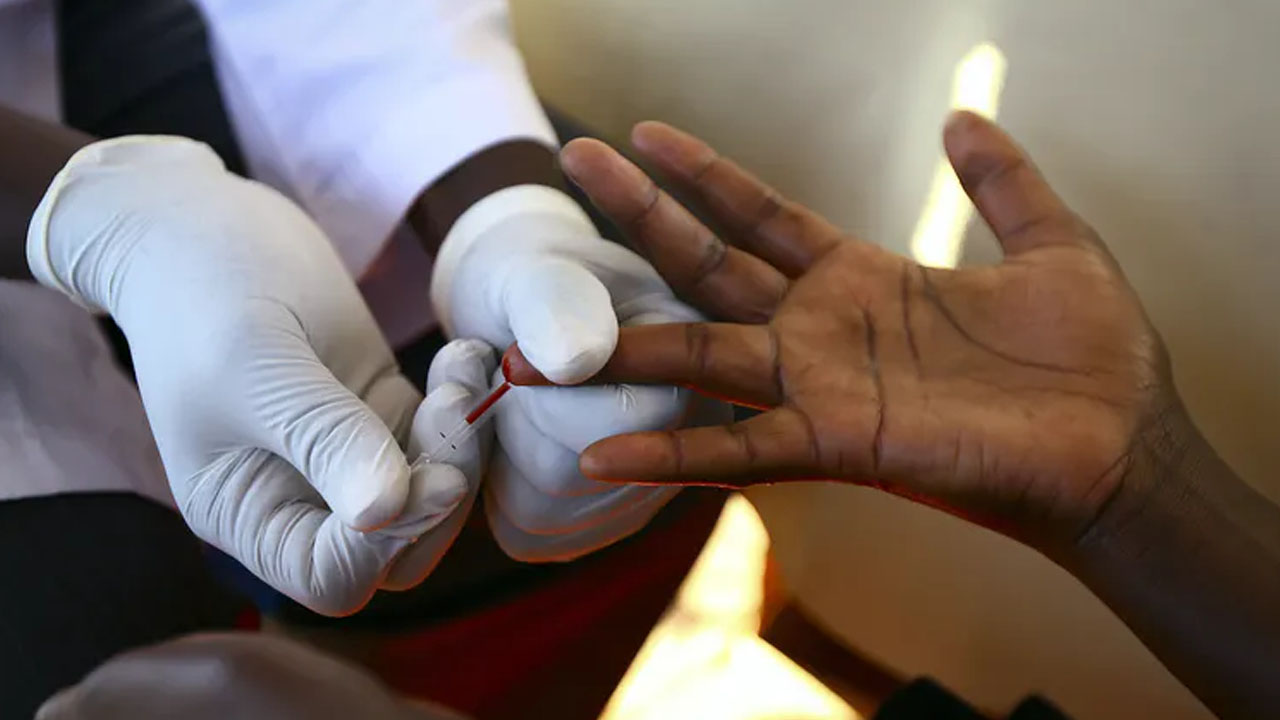
• Commits to fostering innovation via research, devt
The Minister of Innovation, Science and Technology, Mr. Uche Nnaji, has directed the Nigeria Natural Medicine Development Agency (NNMDA) to make Nigeria a hub for local drug product development through the actualisation of capacity building for traditional medicine practitioners (TMPs), and researchers in the area of patenting, refocusing research and development (R&D) projects.
Others include linking R&D to industry needs, coordinating research, marketing R&D results, creating technology-based Small and Medium Enterprises (SMEs) from high-tech start-ups, and spin-offs or spin-outs, generating entrepreneurialism among researchers in order to diversify the economy.
Nnaji, who was a special guest at the virtual workshop/one-day virtual colloquium on Traditional Complementary and Integrative Medicine, hosted by NNMDA, a foremost research institute mandated to promote and integrate Nigeria’s natural medicine into healthcare, echoed the valuable insights into traditional medicine Nigeria’s rich heritage offers. “Integrating it into our modern healthcare system requires careful consideration, collaboration, and innovation while respecting cultural significance. Indigenous medicine aligns with our goal of providing holistic healthcare,” he said.
Nnaji, who was represented by the Technical Adviser on Programmes, Prof. Nnanyelugo Ike-Muonso, said to tap into the potential of indigenous medicines, “we need collaboration, training, and regulation of traditional healers. I’m committed to fostering innovation that bridges traditional wisdom and modern medicine through research for development.”
He said indigenous medicines have been recognised by the World Health Assembly and World Health Organisation (WHO), and it is time for Nigeria to prioritise their development.
Nnaji said the potential for indigenous medicines in Nigeria is vast, considering the country’s large population and growing economy. He, however, said challenges like lack of government patronage, infrastructure, and research coordination must be addressed.
The Minister said partnerships between research institutions and industry are critical for harnessing the full potential of scientific discoveries. “We need to improve productivity and commercialize research results.
“Indigenous medicines complement modern medicine, and together, we can build a sustainable healthcare system deeply rooted in our culture. Let’s work collaboratively to advance our healthcare system and bridge the gap between discovery and commercialization,” he said.
Director-General/ Chief Executive, NNMDA, Prof. Martins Emeje, who spoke on ‘The Role of Indigenous Medicines in Sustainable Healthcare Delivery System in Nigeria’, said NNMDA has the mandate to research, develop, collate, document, preserve, conserve and promote the nation’s indigenous (traditional) healthcare systems, medication and non- medication healing arts, sciences and technologies and assist facilitate its integration into the national healthcare delivery system, as well as contribute to the nation’s wealth and job creation, socio-economic growth and development efforts.
Emeje said NNMDA also has a College of Natural Medicine, accredited by the National Board for Technical Education for the award of Diploma certificates in Natural Medicine.
The pharmacist said indigenous medicines, which here refers to traditional, herbal, nutraceutical, functional foods, phytomedicine, or traditional complementary and alternative medicines, have played a significant role in healthcare systems worldwide for centuries. He said, in the context of Nigeria, these ancient therapeutic practices hold a wealth of knowledge and potential to contribute to a sustainable healthcare delivery system.
Emeje said the objective of this colloquium, is to have a dispassionate and realistic debate on the role of herbs, medicinal products, skills, practices, beliefs, and experiences indigenous to Nigeria, whether explicable or not, but currently being used in the maintenance of health as well as in the prevention, diagnosis, improvement or treatment of physical and mental illness. “This event is open to scientists, students, educators, government functionaries, policy makers, industry stakeholders, health workers, traditional medical practitioners, intellectual property and technology transfer scholars and players, law officers, law enforcement agencies, the judiciary, lawyers, legislators, politicians, and the public,” he said.
Emeje said the knowledge gained and decisions reached at this meeting will form the basis for policy framework and project implementation by the responsible public and private organisations towards facilitating universal health coverage in Nigeria. “While we ‘mouth’ that traditional medicine in Nigeria is not ‘international’, the reality is that, majority of our people depend on this means of healing,” he said.
Emeje drew attention of participants to key areas indigenous medicines stand out and will contribute to the Nigerian healthcare system, socio-economic development and medicine security.
These, he said, include: preservation of cultural heritage; access to affordable healthcare; holistic healthcare approach; biodiversity conservation; scientific validation; regulation and standardisation; and education and awareness.
The pharmacist said indigenous medicines have a pivotal role in achieving a sustainable healthcare delivery system in Nigeria and their preservation, accessibility, holistic approach, contribution to biodiversity conservation, adaptive scientific validation and regulation, and public education are essential elements for their integration into the healthcare system.
“As we move forward, it is imperative that we recognise and harness the potential of indigenous medicines, working in tandem with imported medicine to provide comprehensive and sustainable healthcare solutions for all Nigerians. Let us embrace our heritage and utilise our indigenous knowledge to build a stronger, more inclusive healthcare system that benefits our nation,” Emeje said.






